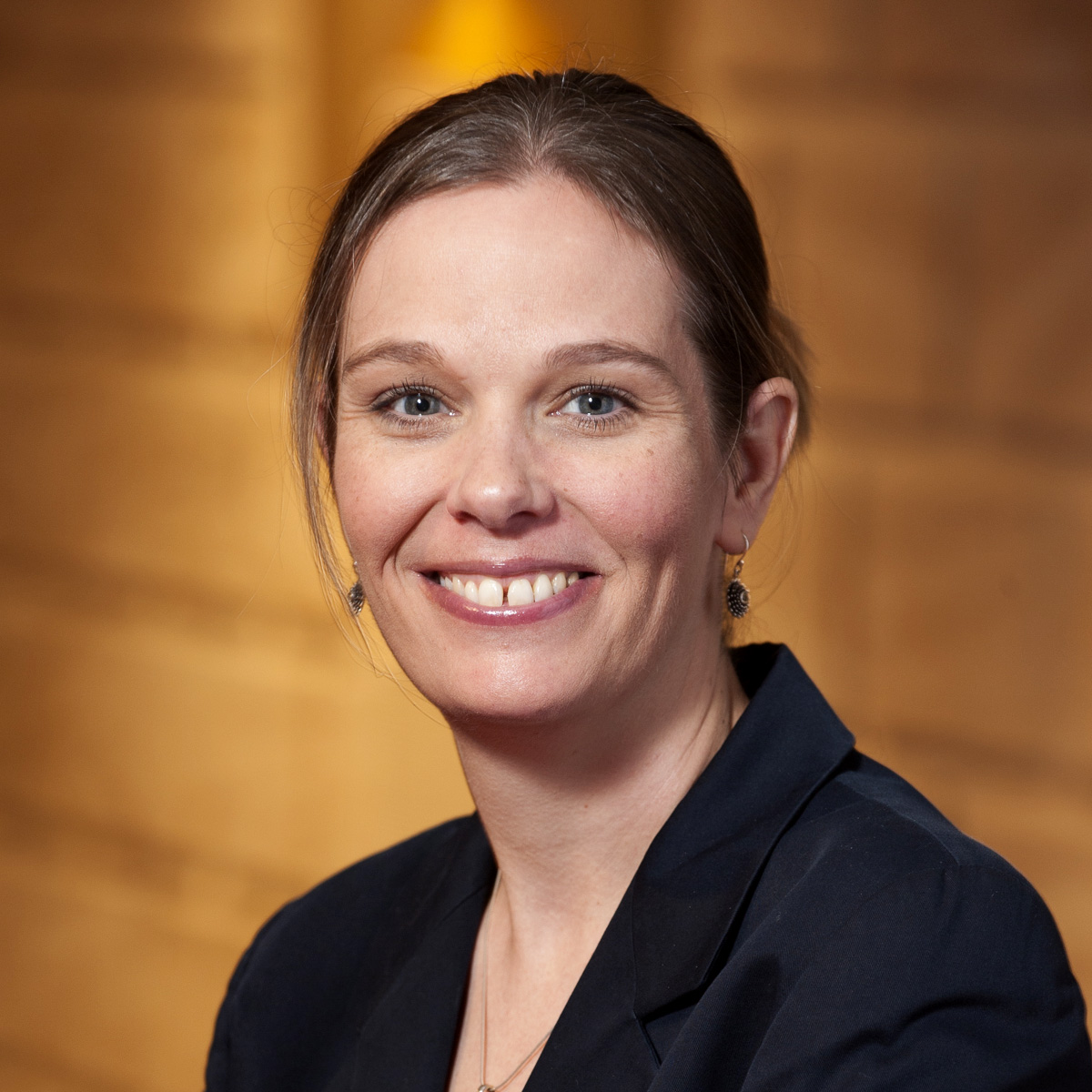Kasich looks to catch long-sought spark as campaign moves north to rust-belt country
SMU election expert Stephanie Martin is available to discuss the shape of the race as Democrat and Republican candidates shift their campaigns to the Midwest where Michigan votes today, and several delegate-rich prizes vote on March 15.
SMU election expert Stephanie Martin is available to discuss the shape of the race as Democrat and Republican candidates shift their campaigns to the Midwest where Michigan votes today, and several delegate-rich prizes vote on March 15.
| A NEW ELECTORATE BRINGS NEW OPPORTUNITIES | |
|
Today’s Democrat and Republican primaries and caucuses – the last state-wide contests before March 15’s massive haul of delegates – will play a key role in shaping the narrative of the race leading up to that all-important Saturday, says Martin. It’s an opportunity some candidates are better poised to take advantage of than others. “On the Republican side, the Midwestern electorate is less evangelical, more economically minded, and in a lot of ways still trying to dig itself out from the effects of the great recession,” says Martin, who just wrapped up a weekend visit to Michigan, which votes today. “People here in Michigan are very interested in John Kasich, and after last week’s catastrophic debate, Kasich’s moderate, economically-based message resonates in this region in a way that makes sense.” Hawaii, Idaho, Mississippi and Michigan host Republican primaries or caucuses today, but no prize looms bigger than Michigan, which outpaces the rest with its 59 delegates up for grabs. “Ted Cruz had a really good Saturday night and looks to be the main counterweight to Donald Trump’s movement, but I don’t see how he builds on that in the Midwest,” Martin adds. “Trump’s beginning to face this race question as it becomes clear there’s a deep racism with some of his supporters. So I think it may play out with people going to Kasich because they won’t go to Marco Rubio, who placed fourth in Maine, and that tells us something important.” The Democratic race has settled into a much easier-to-predict affair, says Martin. Despite Bernie Sanders’ and Hillary Clinton’s efforts to make inroads into each other’s supporters, a few key factors offer all the insight needed to peg who will win any given state. “If it’s a caucus or a heavily white electorate, that bodes well for Sanders,” Martin says. “If it’s an electorate that includes an African-American demographic, that bodes well for Clinton, who also has super delegates on her side. Unfortunately for Sanders, bigger states have more diverse electorates, so his path forward will get increasingly more difficult.” Martin is an SMU assistant professor of Communication Studies in the Meadows School of the Arts. She can discuss:
|
|
###
SMU is a nationally ranked private university in Dallas founded 100 years ago. Today, SMU enrolls approximately 11,000 students who benefit from the academic opportunities and international reach of seven degree-granting schools.
21680-nr-3/8/16-kr
